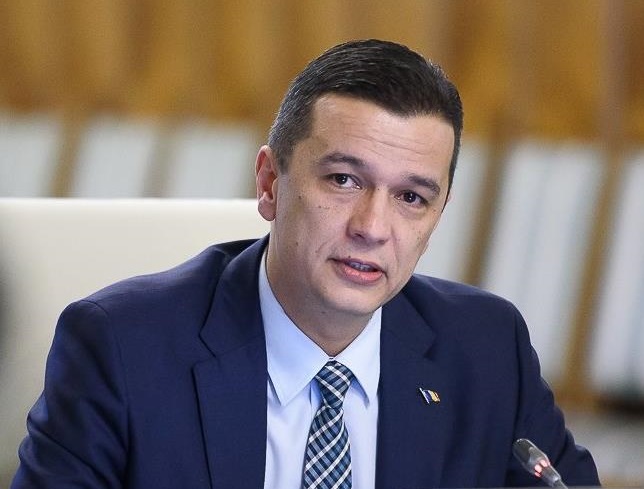Judges' Trade Union publishes letter from CSAT referring to intelligence services' competencies in justice

The National Union of Judges of Romania (UNJR) has published a letter referring to the extension of competencies of the Romanian Intelligence Service (SRI) in the area of justice, received from the Supreme Council for the Country's Defence (CSAT) in February 2016, following a request formulated by the magistrate association.
"In the context of the discussion on the involvement of the Romanian Intelligence Service in justice, the National Union of Judges of Romania makes available to the public a document released to the association by the Supreme Council for the Country's Defence on February 16, 2016, referring to the extension of competencies of the SRI in the area of justice. (...) The letter from the CSAT was received after, on December 8, 2015, the UNJR requested the Supreme Council for the Country's Defence, on the basis of Law no. 544/2001 regarding access to public information, communicate all the decisions that regard the relationship between the intelligence services of the state and the judiciary," the UNJR release mentions.
According to the same source, the official response of the CSAT shows that the attributions of the institutions able to fight corruption and organized crime have as central reference points Law 51/1991 regarding the national security of Romania.
"Arguing that the 'elaboration and adoption of Law no. 51/1991 was done in an incipient period of post-communist democracy, in which corruption did not gain the hallmarks of a phenomenon', instead of modifying the law, as it would be constitutional, in 2005 'CSAT integrated the problem of corruption in the structure of the National Security Strategy, as a risk factor and security objective'. This artifice, to complete the law by secret decisions, represents a dangerous precedent for the rule of law, hindering citizens' knowledge of the reach of the competencies of a state institution," the UNJR release shows quoted by Agerpress.
In the CSAT letter presented by the UNJR there is clear mention that, later on, the concept was also included in the National Security Strategy of 2010, which defined corruption as a vulnerability, and the Intelligence Strategy set down that "one of the main action directions of the SRI be that of signalling high-level corruption cases, effecting the state's policies, including for the purpose of preventing access to public positions of corrupt persons."
In the opinion of the UNJR, this paragraph results that the CSAT drew up tasks for the SRI that "are not in the known legal framework, such as the prevention of access of 'corrupt persons' to leadership positions, even though they were not convicted through a binding court decision."
"Moreover, these prior checks, made by an intelligence service outside the criminal court framework, without a procedure existing and with the person checked having no possibility to know the content of the report, in order to defend themselves from the accusations, it is possible they were applied in the case of leadership positions in the judiciary," the release also mentions.
The CSAT letter also mentions that the interinstitutional cooperation relations of intelligence services and criminal investigation organisms, in what regards the combating of corruption and organized crime, have materialized, among other things, in information exchanges between the Public Ministry and the establishment of joint teams to combat activities.






